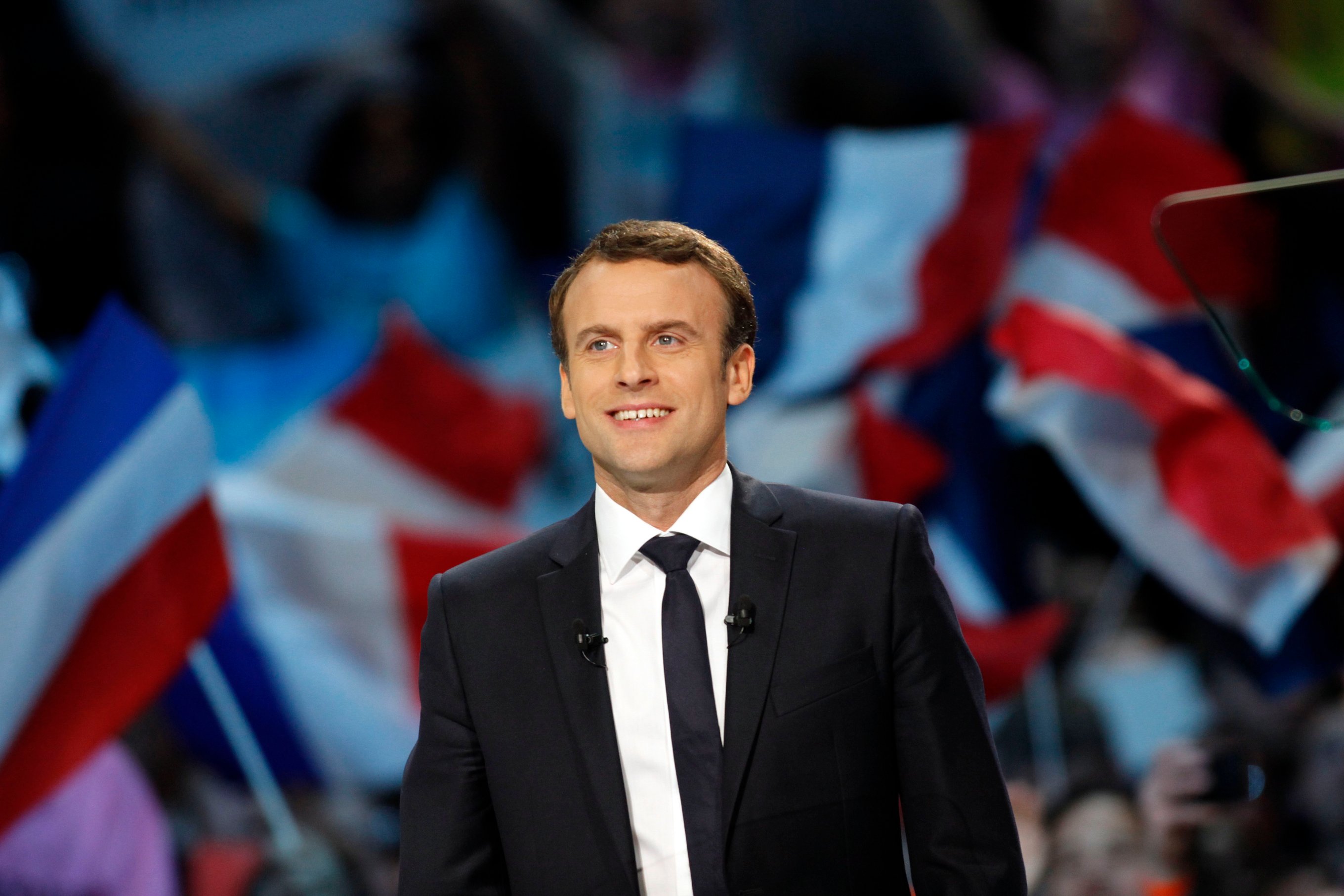One of the many key moments that led me to love the United States and its people happened in 1986. I was at a gathering of international students in Palo Alto, most of them with a European background just like me. The mood was very much anti-American, not the least because Reagan had just tried to kill Gaddafi by bombing Tripoli. He had missed the target but managed to create a lot of angst that WW III was about to break out. Everybody in the room was lamenting the ignorance of the Americans and political naïveté of their leaders in the harshest terms. I felt bad for the only American student in the group who got an ear full of unabashed Eurocentrism. After all, he was representing the host country and we didn’t really behave like guests, or, for that matter, like visitors from countries that had benefited from US protection as long as anybody in the room could remember. After everybody had unloaded, he just said, “You are probably right, the US is a big country, a lot of Americans don’t travel and don’t really know what’s going on outside the country, and sometimes we mess up.” He was the only one in the room who talked calmly, without drama and with a healthy shot of self-confidence. Back then, most Americans I talked to shared my fellow student’s relaxed and self-reflective form of patriotism. Possibly, because the lessons of the Vietnam War were still on everybody’s mind and the Cold War had not been won yet.
For people watching from Europe, as I did after my return to Germany in the early nineties, patriotism in America took on a very different flavor after 9/11. And I mean flavor: Those in Europe, particularly in France, who recognized the invasion of Iraq as the folly that it was found themselves punished in surprising ways. Republican House members went after French fries and French toast and directed the Congressional cafeterias to rename them Freedom fries and Freedom toast on their menus. They too missed the target, just like Ronald Reagan in Tripoli. “Pommes frites” were invented in Belgium, and nobody in Europe calls them “French”. And French toast is as genuinely American as apple pie. This silly culinary crusade against anything allegedly French was an early sign of how the Republican Party was recasting patriotism as petty provincialism. And it worked in their favor. In the 2004 election, Republican officials attacked John Kerry for his many international connections and, in particular, for speaking (and looking!) French. During the Presidential debates George W. Bush could easily diffuse any suspicions of being bilingual or too cosmopolitan…and won the election.
2004 was also the year I moved back to the US, this time for good. While there was never a lack of American flags flying in the US, it was striking to see how their number had exploded after 9/11 not just on poles but also on lapels. Politicians who decided to demonstrate patriotism through action rather than fashion accessories faced accusations of being unpatriotic. I understand that flying lots of flags after a horrible event like 9/11 can have a morale boosting effect. Recently however, after we got out of our car in a Macy’s parking lot my teenage son remarked, “Why does a department store have to fly 20 American flags when one would do the job?”
Do you have to “love” your country to be a patriot? When Gustav Heinemann, President of West Germany in the early seventies, was asked if he loved his country, he famously replied, “I love my wife.” Any American president would risk impeachment with such an answer. And yet, Heinemann was a true patriot. He was one of the few clear-eyed and courageous men who risked their lives in the thirties and resisted the Nazi regime. The Germans’ love affair with their own country began in the early 19th century and ended in worldwide disaster in 1945. Some farsighted people recognized early on that this relationship was doomed, among them Heinrich Heine, the poet from Düsseldorf who spent most of his life in Paris. He wrote in the 1830s that French patriotism “warms and expands the heart so that it includes the entire civilized world whereas German patriotism is provincial and directed against everything foreign and non-German.” Heine would be surprised to see that today’s government-promoted patriotism in America feels just as xenophobic as its German version in the 19th century. It has certainly lost any heart-expanding or warming quality. America today would be much better off embracing the ideals of her oldest ally, France, and should not worry about looking too French. In fact, a Macron moment in the next US election would be a great face lift for the leader of the Free World.

Henning Schroeder is special assistant to the provost for professional education and the former dean and vice provost of graduate education at the University of Minnesota. As a faculty member in the College of Pharmacy his research focused on antioxidant genes and cardiovascular disease, despite a lifelong passion for history and politics.

Comments 2
Juergen Konczak — May 14, 2017
Unfortunately, in today's political climate careful reflections like the ones outlined in this article are viewed by some as unpatriotic propaganda. Sad!
Eva Schröder-Caspari — June 10, 2018
Interesting! I like that you mentioned your teenage son as another eye opener in your reflections.